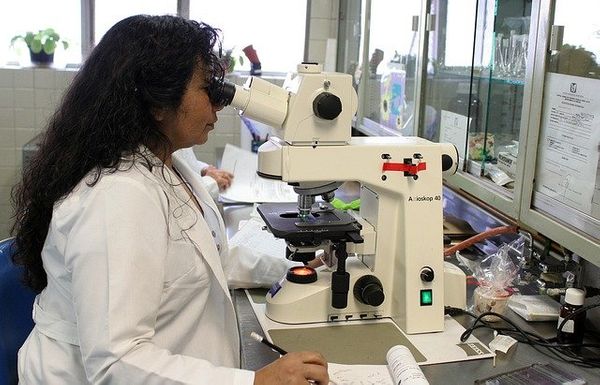Genetic testing is a medical test that shows how the chromosomes, genes, and proteins in the body change. It can reveal things like a genetic condition or the chances of developing or passing on a particular disorder. This may come in handy when making decisions about the most appropriate health care. Genetic testing is a development of modern-day medicine, developed in a bid to provide personalized care. Medics learn the character of a person’s body, which improves treatment procedures. Companies like CRI Genetics offer genetic testing services. It would be beneficial if you considered taking a test as the following advantages accrue;
Nutrition
Nutrigenetics, a branch of genetics, expounds on the relationship between a person’s genetic make-up and their reaction to various nutrients. According to nutrigenetics, different people have unique responses to multiple nutrients. A person’s metabolism after intake of certain nutrients depends on their DNA.
DNA compositions influence food predispositions, such as lactose intolerance, gluten intolerance, and taste inclination.
Having such knowledge aids in preventing adverse food reactions that could lead to death. Different genes also affect the intensity of the test. For example, certain people may consider a drink sugary, whereas others find the same meal as less sugary. Such conditions affect fitness.
Fitness
When a group of people follows the same weightless diet and exercise for a specific period, their body changes vary. Some lose more than others. The same applies to losing weight. Genetic testing studies such happenings more closely. Some people have genes that favor losing weight quickly, whereas others have genes that promote gaining weight.
Alongside the knowledge from nutrigenetics, it is possible to develop personalized fitness programs. People seeking to lose weight or gain weight have a better understanding of their bodies. They know what exercises and diets suit them and tailor their lifestyle to their genetic make-up.
Reactions to Drugs
Cases of an allergic reaction to particular drugs are not uncommon. This is one of the significant problems in the medical field. The type of responses and their intensity may also vary. In the past, research showed that non-genetic factors caused such a reactions.
Currently, it is evident that hereditary drugs also influence people’s response to medication. Having information about what drug components could affect a patient helps determine the dosages and type of drugs to administer. It also helps in reducing cases of complications or death that results from an allergic reaction to medicine.
Health
Genetic make-up also influences people’s predisposition to certain diseases. Through a study of theDNA, medical professionals can tell the genetic mutations within it. They can identify diseases and conditions before they manifest themselves. For example, genetic testing is very instrumental in determining the chances of developing certain types of cancer. They include; breast cancer, colon cancer, prostate cancer, pancreatic cancer, thyroid cancer, and ovarian cancer. The test does not give 100% dependable results, but it shows if you are at a higher risk than most people.
This may prompt you to take steps to reduce your risks. Some of the options are surgery, medication, changes in lifestyle, and frequent screening. You can also determine if you have specific genes that you may pass on to your children through genetic testing. Parents can also tell if an unborn child has a chromosomal abnormality, leading to Down’s syndrome.
Soon researchers will have the ability to predict developmental problems as well.
Family Heritage
DNA testing can help you know your ancestry. Currently, some websites focus on genealogy that helps related people connect. Different people enter their DNA information; then, the website identifies similar ones. You may connect with relatives you have never met. With the increase in inter-race marriages, people lose track of their ethnicity. DNA testing reveals your roots and may help map out your family tree.
Apart from the most common reason for DNA, which is to prove paternity, there are other numerous benefits, as highlighted above. DNA testing is the future of healthcare. Understanding the human body is key to meeting the patient’s needs efficiently. What’s a better deal than being able to predict illness and the body’s responsiveness?


